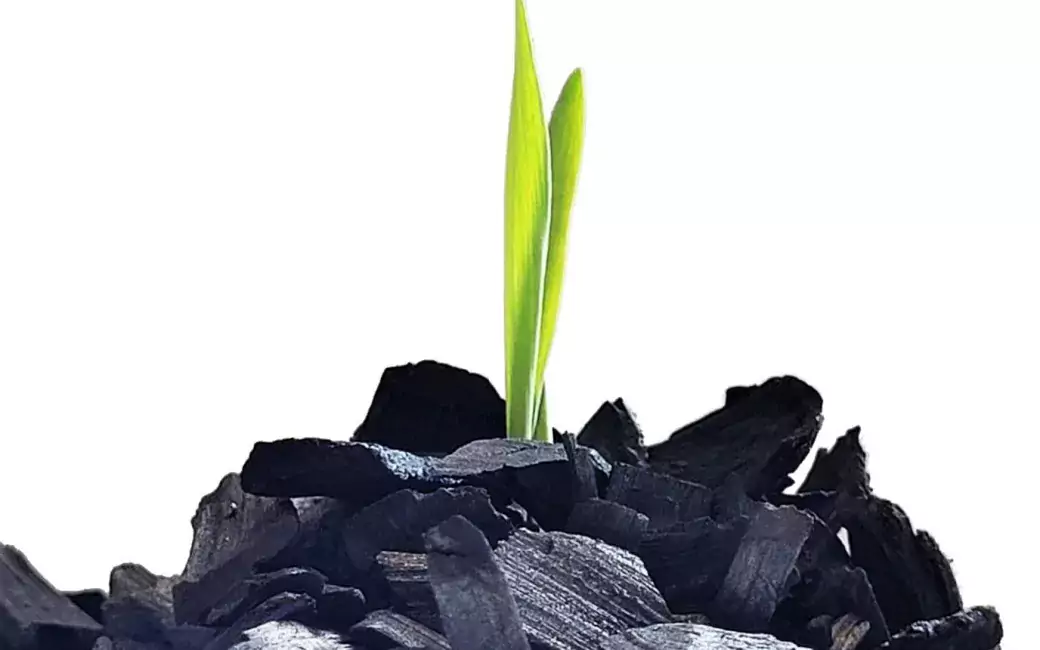A new study carried out at the University of Helsinki shows biochar can be a promising tool in mitigating the environmental impacts of agriculture also in Finland.

In his doctoral study Subin Kalu found that biochar addition to soil can reduce nitrogen leaching from agricultural soils to waterways, and reduce the emissions of N2O a potent greenhouse gas.
The high specific surface area and porous structure of biochar can improve retention of soil water and nutrients in the soil, and thus their availability to crops. Biochar can also alter the physical, chemical and biological properties of soils that could eventually reduce greenhouse gas emissions and nutrient leaching. Whether these beneficial effects after a single application of biochar persist for the long-term, especially in boreal climates, has remained unknown so far.
"It is also essential to find out the long-term effects of biochar before its widespread application to soils, to detect if biochar would have any detrimental effects because it is not possible to remove it once it has been applied to the soil," says Kalu.
Application of biochar in agricultural soils is a safe way of enhancing soil carbon storage
Kalu studied the long-term effects of biochars in four different agricultural field experiments in southern Finland where biochars had been applied two to eight years ago. Kalu says, "Although the effects of biochars were not consistent throughout these years, some improvements in plant growth were observed when the previous growing seasons were planted with legumes. This special biochar and pre-crop effect warrants further study".
"In some cases, biochars showed tendencies to improve agricultural benefits such as increases in crop yield, soil nitrate retention and plant nitrogen uptake while reducing the negative environmental effects such as decreases in soil N2O emissions and nitrate leaching".
Even if the observed positive agricultural and environmental effects were not consistent in all fields in the long-term, researchers detected no negative effects of biochar over the study periods. This indicates that the application of biochar in agricultural soils is a safe way of enhancing soil carbon storage.
Subin Kalu did his PhD at the Faculty of Agricultural and Forest Sciences, in a joint collaboration between researchers from the Department of Forest Sciences and Agricultural Sciences as well as with researchers from Natural Resources Institute Finland (LUKE) and the Finnish Meteorological Institute.
Doctoral defence
Subin Kalu will defend the doctoral dissertation entitled "Long-term effects of biochars as a soil amendment in boreal agricultural soils" in the Faculty of Agriculture and Forestry, University of Helsinki, on 2 September 2022 at 12:00. The public examination will take place at the following address: EE-Building, Walter Hall, Agnes Sjöberginkatu 2. Professor Claudia Kammann, Hochschule Geisenheim University, will serve as the opponent, and Professor Johan Ekroos as the custos. The dissertation is also available in electronic form in Helda.






